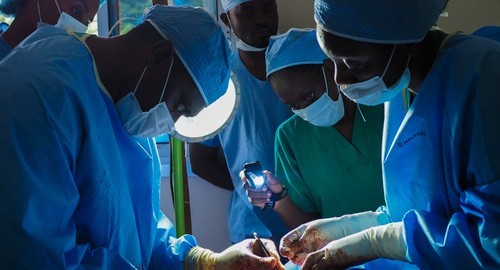With the coronavirus pandemic, the healthcare gap in Africa, appears to be more prominent. Foreign investors have identified this to be a potential opportunity. Nigeria, for example, is lagging compared to its African peers, in terms of expenditure and access to healthcare.
In Nigeria, public spending on healthcare amounts to 3.89 percent of its $495 billion gross domestic product. This figure is according to the World Bank data, compared to 8.25 percent in South Africa and 5.17 percent in Kenya.
Hafeez Giwa, managing partner at HC Capital Properties, told the media, “There is a very compelling opportunity for the development of world-class healthcare facilities across Africa, but especially Nigeria.”
The Nigeria government has $254.6 million in state credit facilities for healthcare since the onset of the pandemic. They range from pharmaceutical companies to product manufacturers to service providers, media reports said. It is reported that the Bank of Industry will be providing an additional 50 billion naira. Bank of Industry is a Nigerian development finance institution.
By numbers, 72 percent of household healthcare expenditure is out of pocket, compared to an average 35 percent in sub-Saharan Africa, according to a report published by Knight Frank. That said, only 5 percent of healthcare is covered by insurance.
This has overall created a compelling opportunity for the development of sophisticated healthcare facilities in Africa, especially in Nigeria. HC Capital Properties has already started to invest in healthcare assets in the country.
Another trend is that obligatory health insurance for employees could see insurance costs lowered and the percentage of healthcare costs covered increase between 20 percent and 30 percent by 2030.

